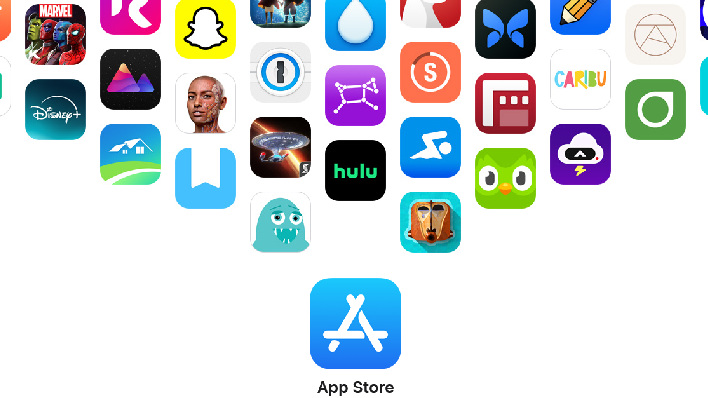EU Regulators Set Sights On Apple And Meta Over Digital Markets Act Violations
If either of the two companies are found to be in violation, it would be the first time since the passing of DMA that a company has faced potential fines. According to a few people with inside knowledge, Apple seems to be the one in the proverbial hot seat. If the Cupertino-based company is found to be in violation, it could face daily penalties for non-compliance of up to 5% of its average daily worldwide turnover, which is estimated to be a little more than $1 billion.

Executive-Vice President Margrethe Vestager and Commissioner Thierry Breton released a press statement shortly after the announcement of the Commission beginning its investigation in March, remarking, “These decisions to open non-compliance investigations come only two weeks after the implementation deadline has passed and show that DMA compliance is something we take very seriously.”
The investigation into Apple centers on the company changing its iOS mobile software, App Store, and Safari browser in the EU following implementing the DMA. Those changes were meant to make nice with EU regulators, however, regulators are concerned that the changes don't meet the standard the Digital Markets Act intended. An example is Apple introducing a “core technology fee” of 50 cents on developers with apps that have over 1 million users for every first installment by a user, as well as charging an additional 3% fee to app developers that use its payment processor.
Some developers have argued that they are facing higher charges now than before the DMA took effect. The investigation is also looking into Apple’s steering rules, which regulators have remarked impose limitations that make it difficult for developers to inform users about accessing offers free of any charges, outside of Apple’s App Store.
Apple still has time to take action and correct any wrongdoings before any fines get imposed by regulators for violating DMA rules. And while Apple may be the first to be fined, Alphabet and Meta are not in the clear. Alphabet is being investigated for favoring its own app store, while the preliminary finding into Meta focuses on the company’s recently introduced pay or consent model, which requires users to pay a subscription fee for an ad-free Facebook and Instagram.


